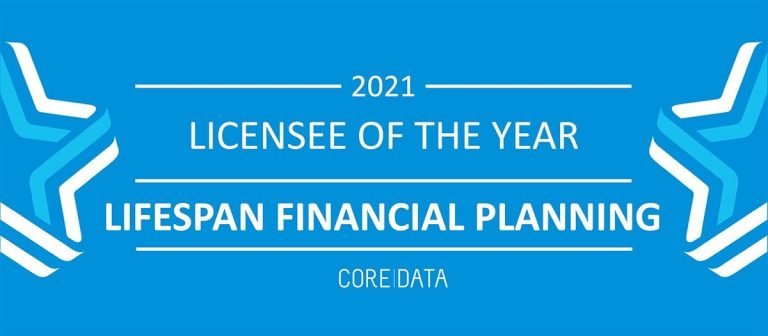Australians who have racked up sizeable study debts should not rush to pay them back and instead should divert their money elsewhere, experts say.
The Higher Education Loan Program (HELP) debts are one of the cheapest forms of debts people can have because they do not attract interest charges.
Lifespan Financial Planning’s chief executive officer Eugene Ardino said Australians should be focused on paying down debts that attract interest.
“It should be a priority, all other forms of debt generally come with minimum repayments and you must repay them irrespective of whether or not you work,” he said.
“If you have any other debts I would be paying them off first. HELP debts are indexed at inflation on June 1 every year.
In 2019 they rose by 1.8 per cent.
Most credit cards attract rates around 20 per cent, followed by personal loans at often more than 10 per cent and home loan debt at about 4 per cent.
Those owing still owing debts at death, must have all their tax returns filed and once that is completed, any further outstanding HELP debt is wiped.
Financial comparison website RateCity’s spokeswoman Sally Tindall said the government had failed to do enough to encourage people to pay back their loans sooner.
“The government isn’t doing much to encourage people to clear their loan early,” she said.
“In
2017 they scrapped the 5 per cent bonus for voluntary repayments, and in doing
so, they took a very large carrot off the table.”
But she warned Australians having a HELP debt could impact their ability to get other loans down the track.
“An outstanding HELP debt could potentially become a thorn in your side when you go to get a mortgage because the compulsory repayments can eat into your disposable income and potentially curb how much you can borrow,” Ms Tindall said.
University debt
- AGE: 0-19 DEBT: $353m
- AGE: 20-29 DEBT: $33.64b
- AGE: 30-39 DEBT: $17.8b
- AGE: 40-49 DEBT: $6.3b
- AGE: 50-59 DEBT: $2.5b
- AGE: 60-69 DEBT: $962m
- AGE: 70+ DEBT: $315m
- AGE: N/A DEBT: $44m
TOTAL: $62 billion
Source: ATO 2017/18 financial year, numbers rounded up
Mr Ardino said investing any excess money you had would be better down into the sharemarket than paying off HELP debts.
“For younger people you would be better to use excess savings and start an investment portfolio or potentially put the money aside to buy your first home,” he said.
But he warned the government that writing of HELP debt at death meant they were costing themselves money.




